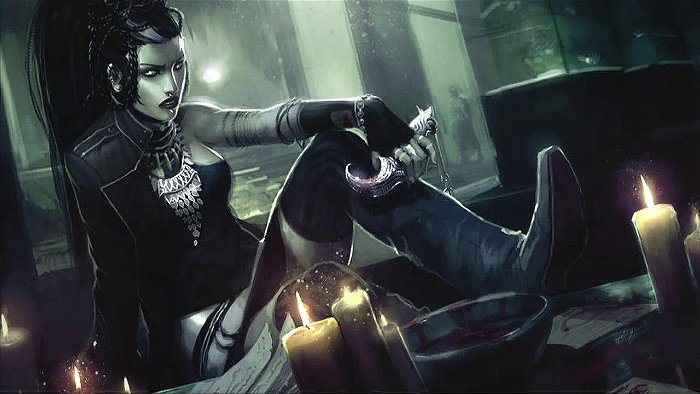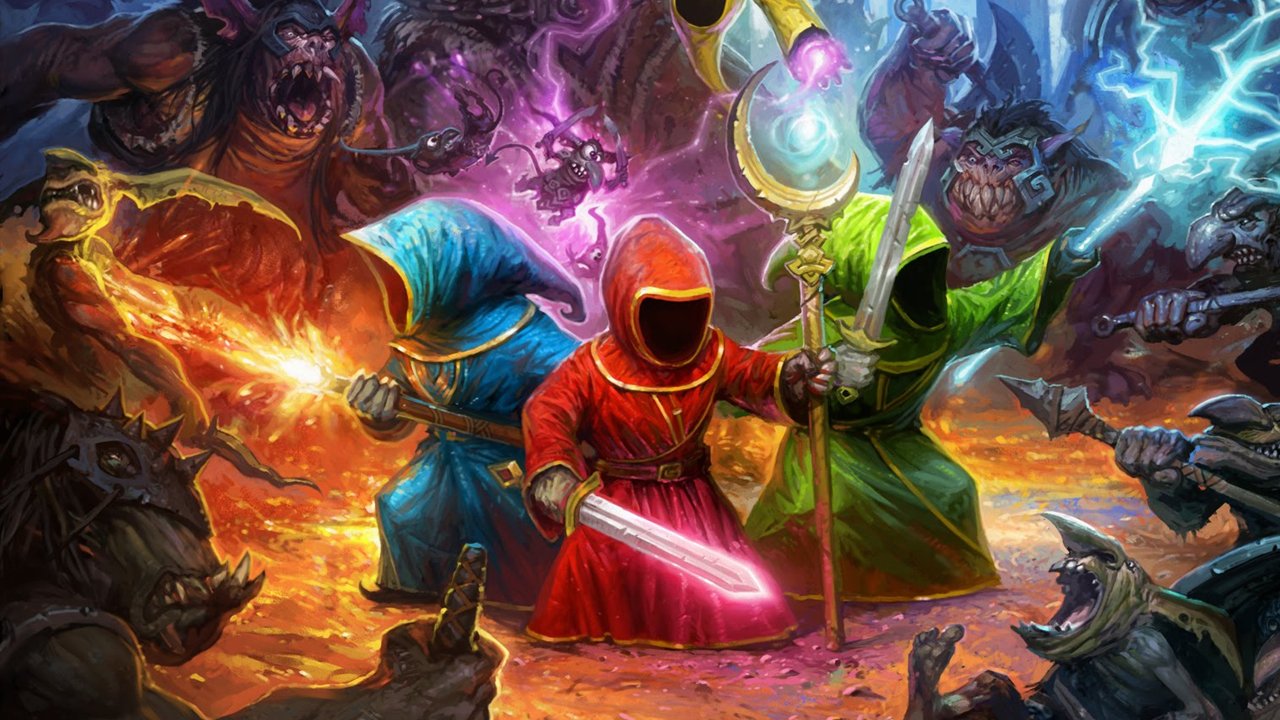Paradox Interactive, a name synonymous with innovation in the gaming industry, has evolved into a formidable publishing force in recent years. This remarkable transformation has taken them well beyond their initial role as developers of self-published strategy titles. Initially known for their strategic masterpieces like Crusader Kings and Hearts of Iron, Paradox has now broadened its horizons, gaining widespread recognition for publishing a diverse array of widely acclaimed games. Titles such as Magicka, Pillars of Eternity, and Cities: Skylines have expanded their portfolio and cemented Paradox’s reputation as a purveyor of captivating and unique gaming experiences.
In a revealing and candid interview, CGM’s Brendan Frye had the exclusive opportunity to converse with Paradox Interactive’s CEO, Fredrik Wester. This discussion sheds light on the company’s remarkable journey from a modest beginning with just 80 employees to an impressive workforce nearing 200. Wester opens up about the company’s growth strategies, their innovative approach to game development, and their successful collaborations with renowned developers like Obsidian Games. He also discusses the company’s more analytical and customer-focused mindset in today’s competitive market, underscoring their ability to act as a full-scale marketing channel.
This interview provides an in-depth look at Paradox Interactive’s evolution, their current projects, and their vision for the future, offering valuable insights into the workings of a leading player in the gaming industry.
So Paradox has really grown over the years. It started as a very small studio, I believe it was 80 employees when you started and now you’re at over 180?
Fredrik Wester: I think we’re close to 200. We grow in both the publishing and the development since we’re working now that we’re bigger with more established developers like Obsidian Games. We also know that if we do a good job in marketing it pays off very well. So we’re more analytical today, we’re trying to think more customer focused so we can actually support being a full marketing channel; like most other bigger publishers, but on a smaller scale.

So for Cities: Skylines, what active role did you take in the development? Did they come to you with a product and you said “Ok this is good, but if you add these things it’ll be better?”
Fred: I think was a lot of, like a tennis game, going back and forth. I think what we’re good at is helping development teams prioritize what is actually the most important thing. Basically, in game development, you can continually add things forever. It’s more about saying “What are the five most important factors that are going to push this game and make people happy when they play it?” Kind of trying to validate what people actually want to see in their game. We use a lot of different sources to find out what people actually want to see.
What made you want to diversify beyond the core strategy games that you’re known for into games like Magicka?
Fred: Magicka was more of a chance; it was more of an opportunity that we saw. It was an inexperienced Swedish team of students, and when we saw the game it was like “wow! This is a really great concept!” It was more the idea that appealed to us. If you take Cities: Skylines, I think it matches really well with our core concepts, and what we stand for as a company.
I also think to some extent Pillars of Eternity also speaks to that. The outlier in the portfolio is definitely Magicka, which is kind of different and kind of wonky in a way. But I still think that we’re trying to nail the replayability in games. Games you can pick up and play at any point, and just play them again and say “I wonder if my experience is any different.”

CGMagazine: How was buying the World of Darkness franchise, or White Wolf itself? I know that the RPG aspects are all third party and CCP has licensed out a lot of the aspects, what was it like bringing that all together?
Fred: Our vision has been that we should communicate with the community in one way, so it doesn’t spread out to a lot of different places. We think that Onyx Path, who’s doing a lot of the RPG stuff for the modern Vampire is doing a fantastic job. We have a separate CEO for White Wolf so they have to speak for themselves, I’m only the chairman of that company. I only come in every now and again and make sure people are working (haha). But what we’re doing right now is just evaluating the status of these companies and what do they actually bring to the table.
Do we want to continue these relationships, do we want to expand the relationships, or are we just not touching it because they’re doing a good job? What we really know, apart from the current relationships, is what we want to do with this is build more video game content. It could be either Paradox licensing from White Wolf, it’s almost the same company but it’s a subsidiary. Or White Wolf licensing to other companies, it makes sense.
For more of the interview, including more information about the long-awaited World of Darkness MMO, check out this month’s issue of the magazine.




